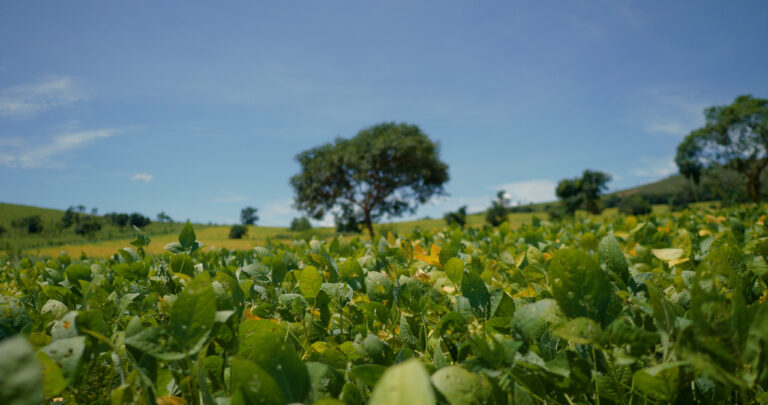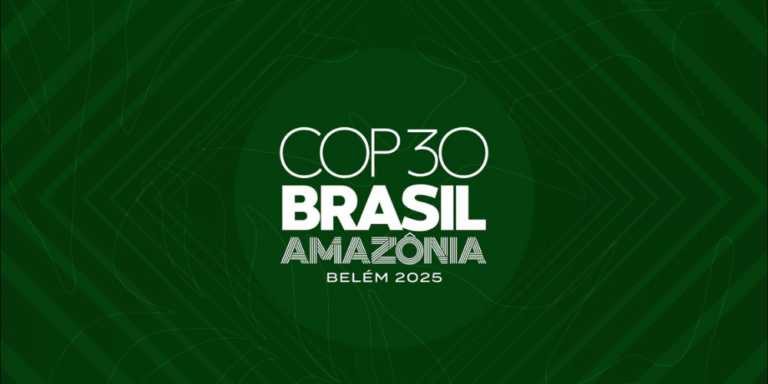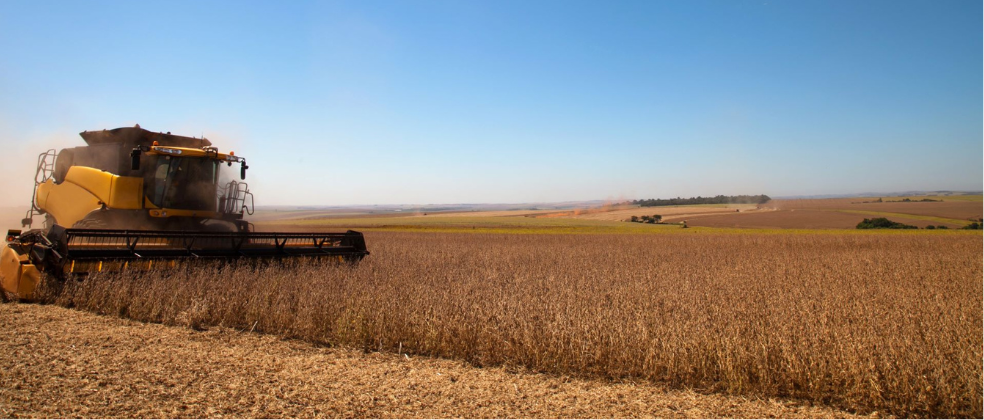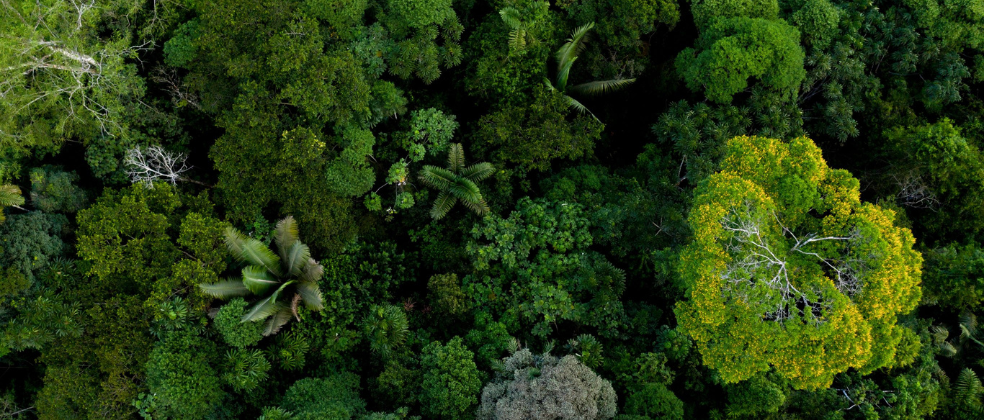Launched this week, the SIMFlor Programme will promote the implementation of the Brazilian Forest Code (Law 12651) by acquiring the rights to Forest Reserve Credits (CRAs) from landholdings that have areas of native vegetation exceeding the requirements of the Code (Excess Legal Reserve – ELR), creating an incentive to conserve natural forest, reduce deforestation and protect existing biodiversity.

The Brazilian Forest Code provides the foundation for the long-term protection of Brazil’s forests and the objective of zero deforestation. If fully implemented, the Code has the potential to protect and/or sequester over 100 GtCO2e, contributing to global climate systems and assisting Brazil in meeting its international climate target (NDC). Implementation of the law, however, has so far been poor and a real risk exists that this objective won’t be achieved. There is a need to promote the implementation of the Forest Code and to provide incentives for landowners to comply with its requirements, creating positive social, economic, and environmental impacts. This is one of the objectives of the SIMFlor programme.
The SIMFlor Programme was conceived by BVRio and Sustainable Investment Management (SIM) in partnership with climate mitigation project developer ecosecurities. The consortium raised a credit line from international carbon traders to acquire CRAs in Brazil and conserve forests from legal deforestation allowed in the country.
The programme aims to direct R$ 3 billion Reais for the implementation of the Forest Code, generating positive environmental impacts at scale. SIMFlor has already secured R$ 1 billion to be allocated for the Brazilian Amazon, the focus of the initial phase of the programme. This will enable the conservation of 500,000 ha of native vegetation (of which, 100,000 ha of excess legal reserve that can be legally deforested) and store 300 Mt CO2 in these areas (of which 60 Mt CO2 in areas of excess legal reserves).
Providing that a landholding meets the Eligibility Criteria of the programme, any landowner can apply for participation in the programme. The main requirement is that landowners who sell the Forest Reserve Credits (CRAs) to SIMFlor commit to conserving their stocks of native forest for at least 30 years.
“The SIMFlor Programme reinforces one of the main objectives of BVRio – the implementation of the Brazilian Forest Code, a law with transformational capacity for the Brazilian rural landscape”, said Mauricio Moura Costa, CEO of Instituto BVRio in Brazil. “BVRio has been promoting the implementation of the Forest Code since its promulgation in 2012, and this programme now allows us to kick-start the use of the Forest Reserve Credits mechanism that we promoted for so long,” added Beto Mesquita, Director of Instituto BVRio in Brazil.
“We are pleased to announce this transformational project, combining the dual objective of nature based solutions and climate change mitigation with the national objective of implementing the Brazilian Forest Code. This is a splendid example of how voluntary carbon markets can support the objectives of host countries and contribute to the NDCs agreed with the Climate Convention,” commented Pedro Moura Costa, CEO of Sustainable Investment Management in the UK.
“The SIMFlor programme illustrates our vision of how climate finance can be deployed at scale, to transform rural landscapes. Ecosecurities has been in this sector for 25 years, and is excited to finally see a market for nature based solutions,” said Pablo Fernandez, CEO of ecosecurities, Geneva. “We aim to replicate this type of approach in other sectors and parts of the world, to help scale up climate change mitigation at the level needed for this global challenge.”






